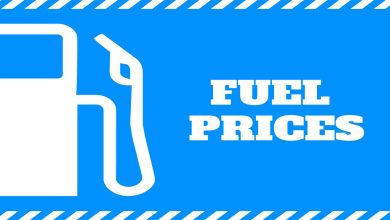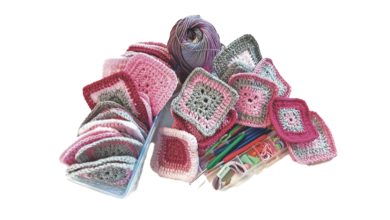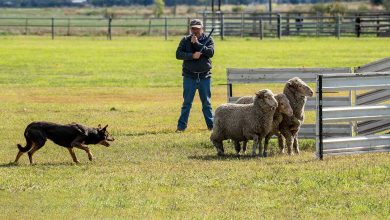Flood Waste Removal for Affected Hawkesbury Residents
Planning and preparing for the Hawkesbury community’s transition to recovery is well underway. flood waste
A multi-agency recovery strategy has been planned to coordinate the recovery. These agencies include but are not limited to NSW Police Force, Hawkesbury City Council, NSW State Emergency Services, NSW Rural Fire Service, Hawkesbury Rural Fire Service, Fire and Rescue NSW and Public Works Authority.
Residents want to get back to their homes as quickly as possible however it is important to keep the community safe during this time. An affected area must be assessed as safe before the clean-up can begin. This is going to be a prolonged flood. Further rises are occurring in some areas and operations are still in the response phase, with the likelihood of further advice, warnings, and potential for further evacuations.
A flood waste clean-up registration process is being developed by Hawkesbury City Council. To receive updates on this process as it becomes available, please register your details on Council’s website at www.yourhawkesburyyoursay.com.au/fih2021/survey_tools/register1
Registration for flood waste collection will also be through Council’s website. Council will inform the community when the registration process is available and requests will be assessed to ensure there are in a flood affected area.
There will be a focus this year on kerbside flood waste collection during the recovery which will increase the speed and efficiency of the clean-up process, skip bins will be a secondary option for removal of flood waste if kerbside collection is not appropriate.
Residents will be encouraged to move their waste to the kerbside of their property and will need to separate the flood waste into specific piles. Information on this will be provided upon registration.
The following flood waste may be eligible for collection from primary residences or small businesses during the initial phase of clean-up:
• Mixed general solid waste (non-putrescible) such as hard or bulky waste, mattresses, whitegoods, and e-waste
• Green waste
• Household chemicals (less than 20 litres or more than 20 kilograms).
Please note that any flood waste that does not fall into one of the above categories will be assessed and other arrangements for collection may be required.
For guidance on how to manage waste that does not fall into one of the above categories please visit EPA NSW storm and flood updates 2022 at www.epa.nsw.gov.au/news/news/2022/nsw-storm-and-flood-updates-2022
When handling any refuse which has been contaminated with flood water or mud, personal protective equipment must be worn, especially gloves. After clean-up, protective clothing should be washed, and people should shower within the hour for health and safety









